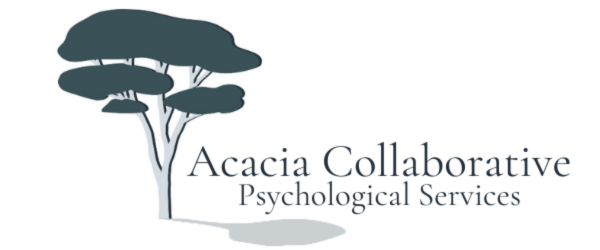Let’s face it, we’ve all been there: staring at a looming deadline, with the urge to dive into anything but the task at hand overwhelming us. While often framed as a character flaw, the psychology of procrastination is a normal human experience rooted in complex factors.
Understanding these drivers can help us develop a collaborative, rather than combative, relationship with productivity.
Psychology of Procrastination: The Why Behind the Delay
Several factors contribute to procrastination:
- Overwhelm: A daunting task can trigger a fight-or-flight response, leading us to avoid rather than confront it. Breaking down tasks into smaller, manageable steps can ease this feeling.
- Perfectionism: The fear of falling short can paralyze us. Recognizing that striving for “good enough” is often better than aiming for the unattainable can be liberating.
- Motivation: Tasks lacking personal meaning or reward can zap our enthusiasm. Identifying the “why” behind our tasks can rekindle interest.
- Distraction: The digital world offers endless temptations, pulling us away from focused work. Creating a distraction-free environment and scheduling focused work sessions can help curb this.
ADHD and the Procrastination Puzzle:
People with ADHD often experience unique challenges with procrastination. While external pressure can sometimes act as a motivator, shame-based tactics can exacerbate stress and anxiety, hindering productivity further.
The key lies in understanding individual needs and preferences. For some with ADHD, a structured but flexible approach works best. Setting realistic deadlines, incorporating movement breaks, and utilizing tools like timers and checklists can support their unique work style.
Embracing the Flow, Not Fighting the Delay:
Rather than demonizing procrastination, let’s see it as a signal to understand our needs and adjust our approach. Here are some tips:
- Identify your procrastination triggers: What situations or tasks typically lead to delays?
- Experiment with different work styles: Some thrive under pressure, while others need clear structure. Explore what works best for you.
- Embrace forgiveness: We all procrastinate sometimes. Forgive yourself and focus on moving forward.
- Celebrate small wins: Acknowledge and reward yourself for completing even minor tasks.
Remember, productivity is a journey, not a destination.
By understanding the psychology behind procrastination and adopting a collaborative approach, we can navigate this journey with less stress and more self-compassion, ultimately finding ways to work with ourselves, not against ourselves, to achieve our goals.
Licensed Mental Health Therapy & Evaluations In North Carolina
Make An AppointmentContact Acacia Collaborative
Ask a question or book an appointment below.
Hours
Monday through Friday
9AM-8PM
Saturday: 9AM-3PM
Durham Office:
3710 University Drive #302, Durham, NC 27707
Cary Office:
570 New Waverly Pl #210, Cary, NC 27518
Online Therapy
All of North Carolina
Insurance
Accepting Aetna, Blue Cross Blue Shield, State Health Plan, Out-of-Network Superbills & Private Pay
Services
Mental Health Therapy & Psychological Assessments

